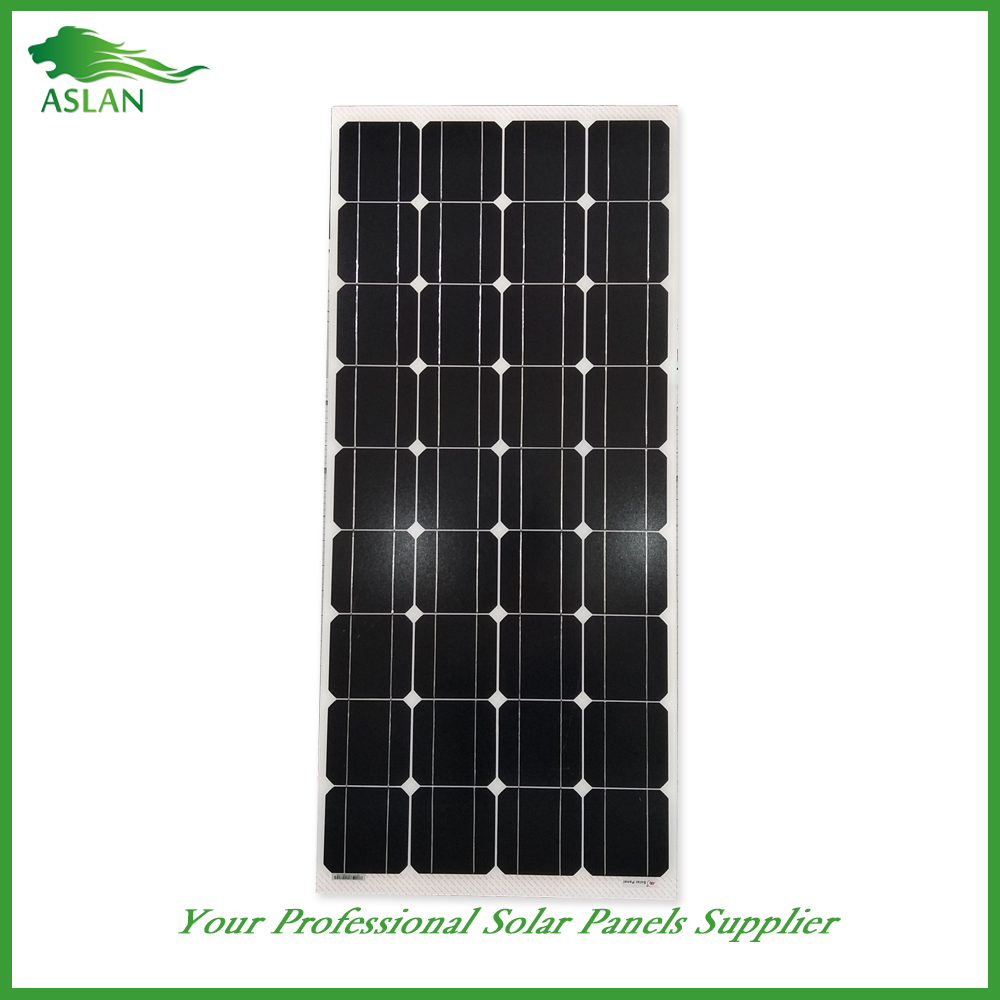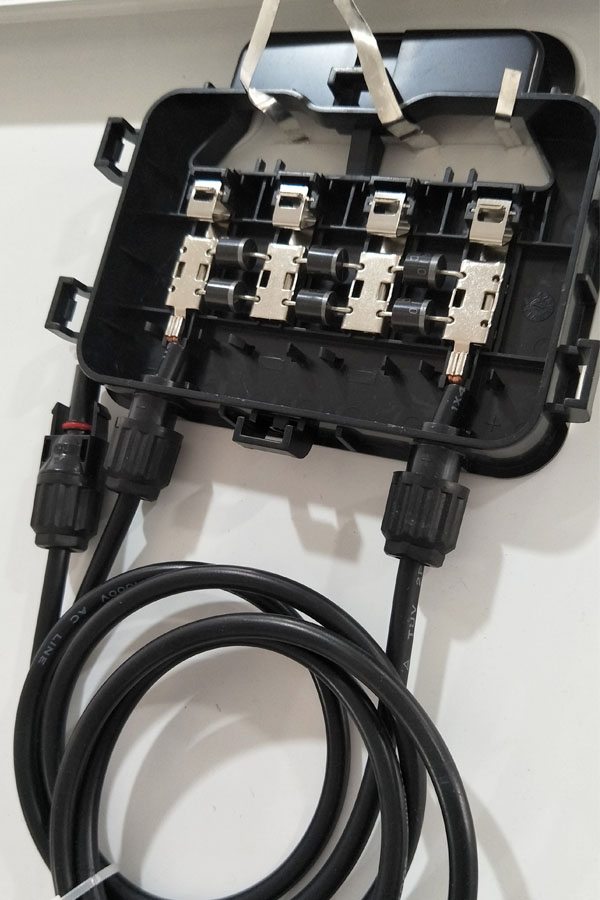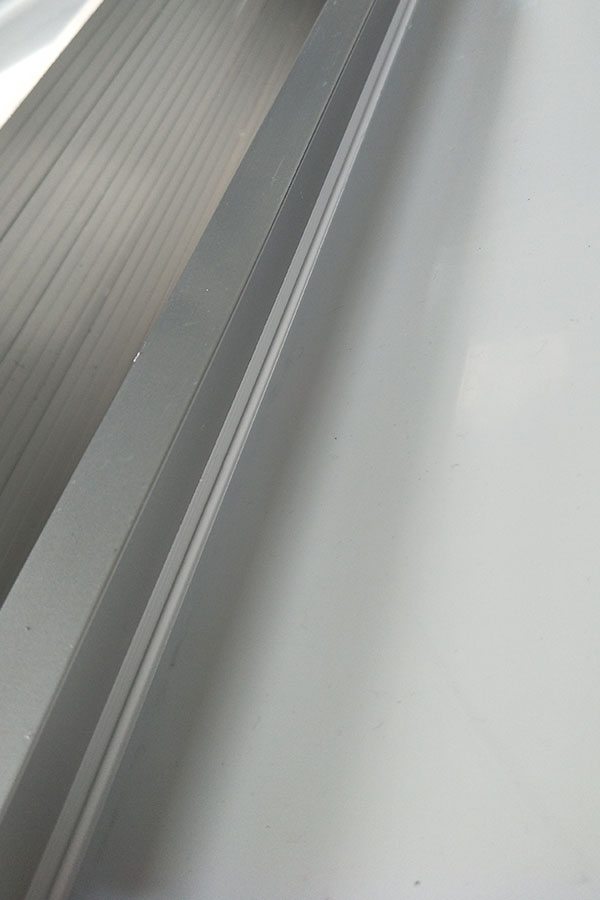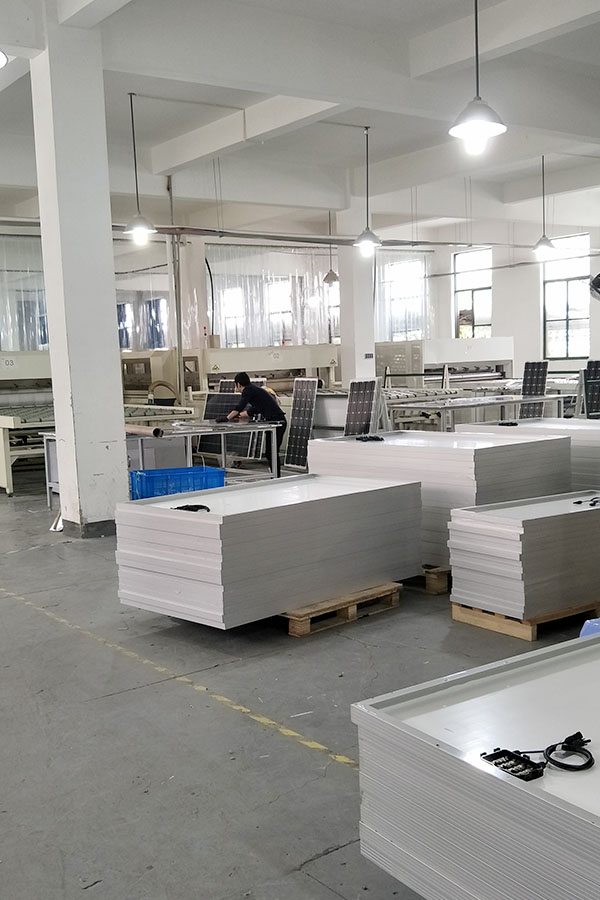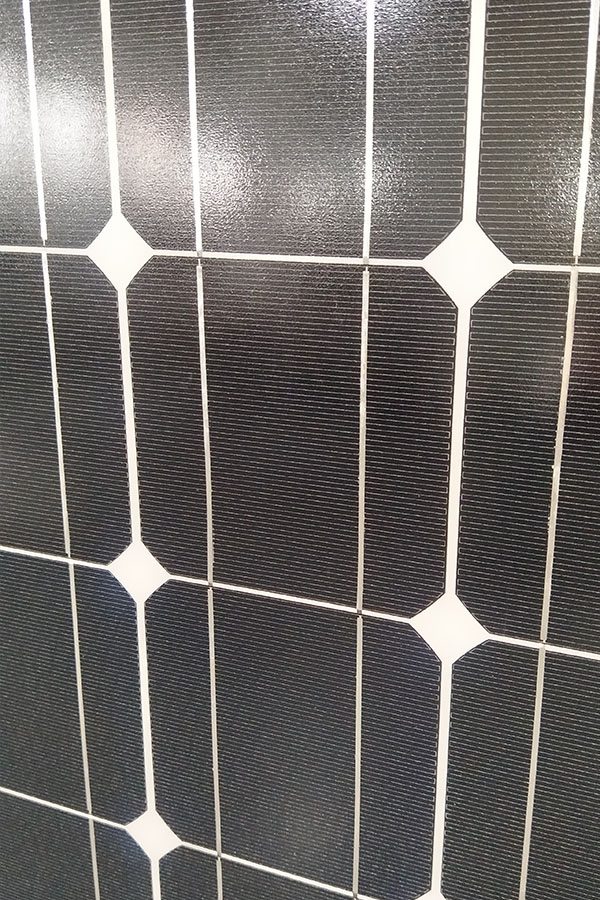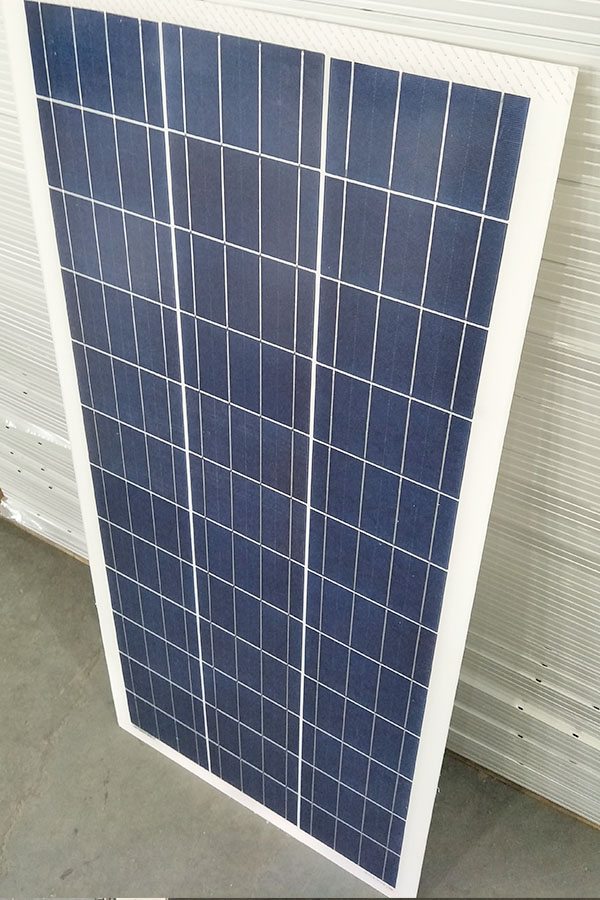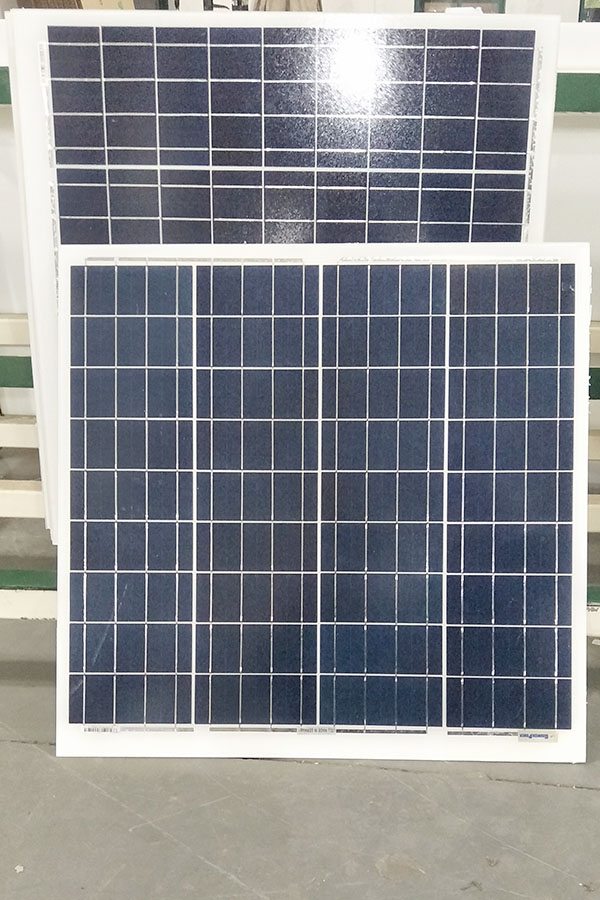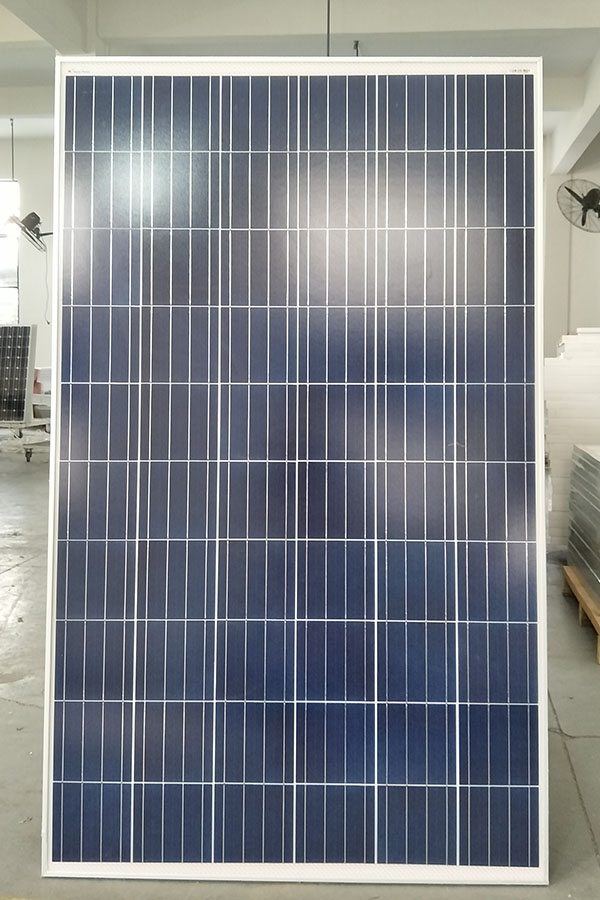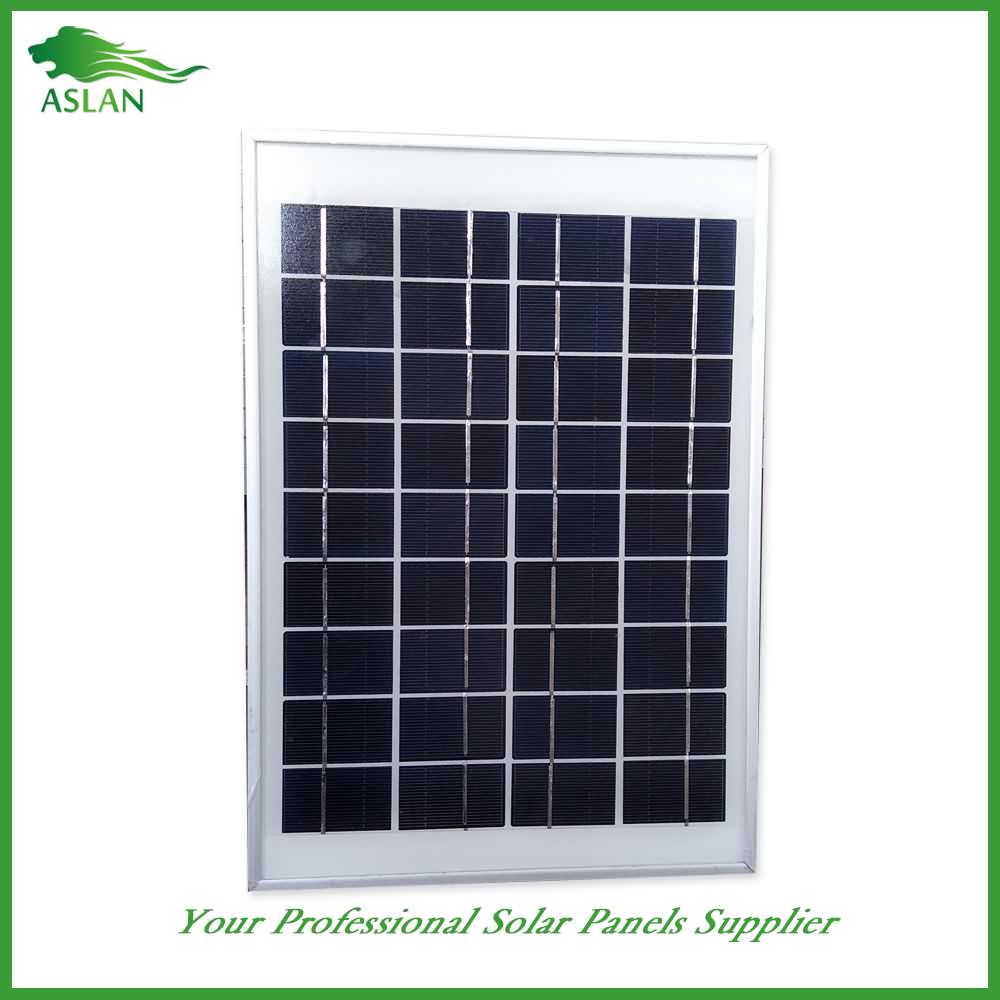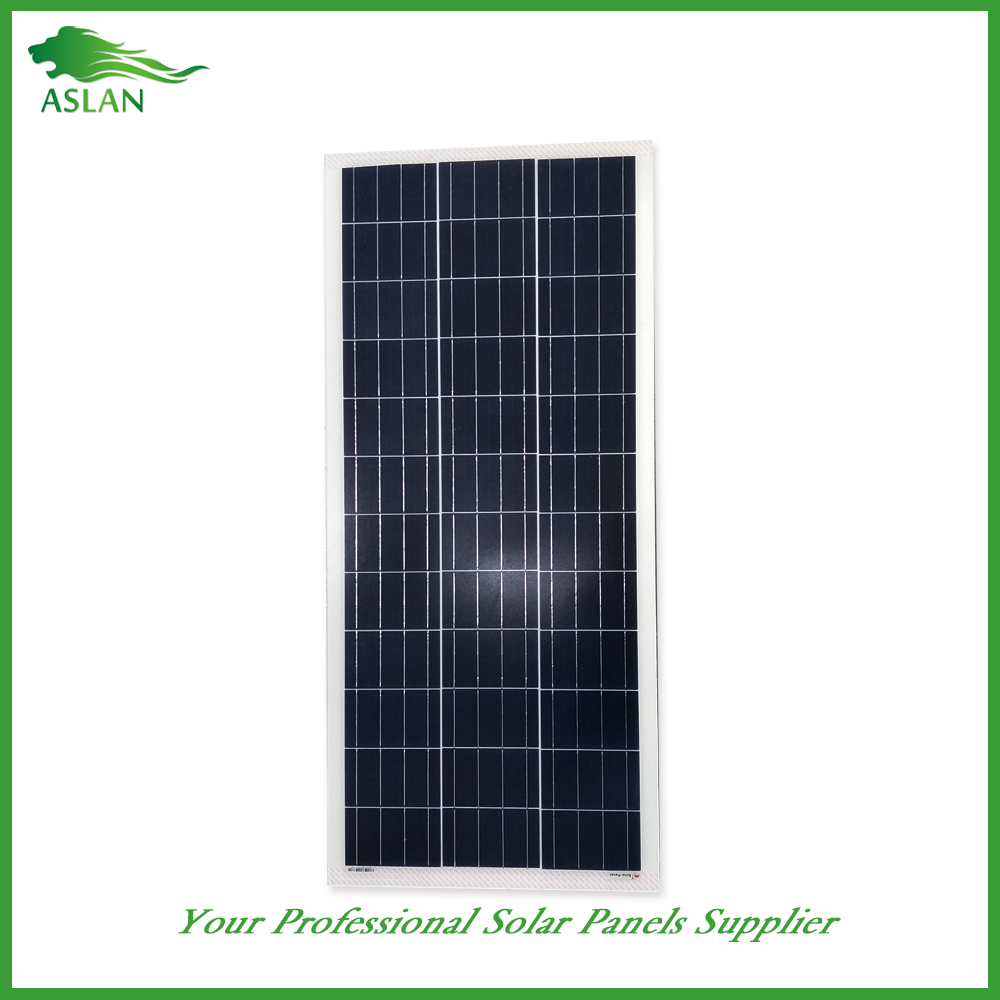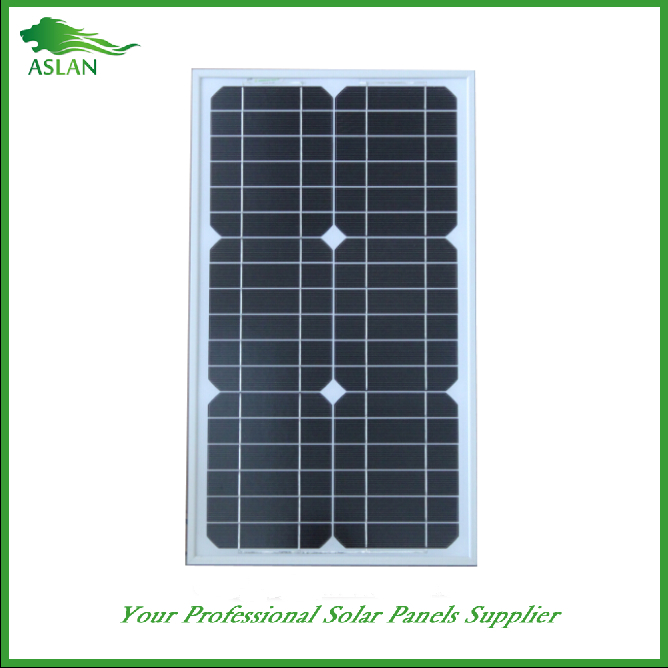Goods high definition for Mono-Crystalline 150W Solar Panel for Sweden
Short Description:
As for competitive prices, we believe that you will be searching far and wide for anything that can beat us. We can state with absolute certainty that for such quality at such prices we are the lowest around for Goods high definition for Mono-Crystalline 150W Solar Panel for Sweden, If you have any comments about our company or products, please feel free to contact us, your coming mail will be highly appreciated.
Mono-Crystalline 150W Solar Panel
Technical parameter
Maximum Power(W) 150W
Optimum Power Voltage(Vmp) 17.92V
Optimum Operating Current(Imp) 7.83A
Open Circuit Voltage(Voc) 21.86V
Short Circuit Current(Isc) 8.59A
Mechanical Characteristics
Cell Type Monocrystalline 156x156mm (6 inch)
No of Cell 36 (4x9pcs)
Dimensions 1485x668x35mm
Weight 11.6KGS
Front Glass 3.2mm,High Transmission, Low Iron,Tempered Glass
Junction box IP65 Rated
Output Cable TUV 1×4.0mm2/UL12AWG,Length:900mm
Temperature and Coefficients
Operating Temperature(°C): -40°C ~ + 85°C
Maximum System Voltage: 600V(UL)/1000V(IEC) DC
Maximum Rated Current Series: 15A
Temperature Coefficients of Pmax: -0.435%
Temperature Coefficients of Voc: -0.35%
Temperature Coefficients of Isc: 0.043%
Nominal Operationg Cell Temperature (NOCT): 47+/-2°C
Materials of solar panel
1).Solar Cell——Mono-crystalline solar cell 156*156mm
2).Front Glass——-3.2mm, high transmission, low iron, tempered glass
3).EVA——-excellent anti-aging EVA
4).TPT——-TPT hot seal made of flame resistance
5).Frame——anodized aluminum profile
6).Junction Box——-IP65 rated, high quality, with diode protection
Superiority: high quality anodized aluminum frame, high efficiency long life, easy installation, strong wind resistance, strong hail resistance.
Features
1. High cell efficiency with quality silicon materials for long term output stability
2. Strictly quality control ensure the stability and reliability, totally 23 QC procedures
3. High transmittance low iron tempered glass with enhanced stiffness and impact resistance
4. Both Polycrystalline and Mono-crystalline
5. Excellent performance in harsh weather
6. Outstanding electrical performance under high temperature and low irradiance
Quality assurance testing
Thermal cycling test
Thermal shock test
Thermal/Freezing and high humidity cycling test
Electrical isolation test
Hail impact test
Mechanical, wind and twist loading test
Salt mist test
Light and water-exposure test
Moist carbon dioxide/sulphur dioxide
This video was recorded during the solar panel repair and troubleshooting. I was talking at one point about fixing the panels but later I am talking about the improved solar power output after repairing the solar panels.
I already uploaded the video about troubleshooting and repairing my solar panel array. I found the bad solar panel and removed it. If you have not seen that video yet, please go back one video and see it.
After removing the bad solar panel and installing a working solar panel I had much improved solar power output in my tiny house on wheels.
I am seeing solar power production in my tiny house long after the sun goes down below the tree line. I did not have this much power this late in the day before. The solar panels up against the tiny house are receiving late afternoon to early evening sunlight even filtered through the trees.
This is the most solar power I have seen in my tiny house to date.
Now I have to tell you that my situation is not normal. Do not be discouraged from getting solar power because of my situation. I am surrounded by trees. I have a very small clearing in the meadow where my solar panels sit.
A normal home with no obstructions should see about 12,000 watts of power on an average 10 hour day with 1200 watts of solar panels like I have. But I am only seeing about 3,000 watts of solar in a day right now due to the sun still being a bit lower in the sky. I do not get a full 10 hours of sunlight on my solar panels.
I also think my solar charge controller is not charging the forklift battery properly. The charge controller is limiting the amount of power going to the battery most of the time. I am only seeing a maximum of 400 to 500 watts of solar power from the total 1200 watts of solar panels at any given time.
I do believe that the charge controller is limiting my solar power output because when I turn on a power hungry device the output from the charge controller spikes to handle the load.
Follow my daily progress on the path to self sufficiency on my off grid solar homestead.
https://www.youtube.com/user/techman2015/playlists?view=50&shelf_id=10&sort=dd
Please donate to help keep The Off Grid Project ™ going: https://www.paypal.com/cgi-bin/webscr?cmd=_s-xclick&hosted_button_id=3TQSWXLLRZ6HW
Join The Off Grid Project ™ and The Do It Yourself World ™ forum and share your ideas, tips and projects.
http://www.thediyworld.com/forum
The Off Grid Project ™ is presented by The Do It Yourself World ™.
http://www.TheDIYworld.com
First prototypes. Today’s testing condition at 10-10:30 atlantic meridian. Hazy/Smoggy. Friday, August 19th, 2016. Temperature: 70-80f Humidity -50-60%
I built these in the summer/fall of 2013, they were originally intended as part of a 300+ watt array for an immediate install atop a vintage travel camper.
Now of course in engineering there are setbacks (or rather diy construction), there’s always a thomas edison cum-faced napoleonic asshole dispensing his squad of ignorant mafioso muscle men who threaten your life when you’re making and ruin your mojo for compounding projects. “Ignorance is bliss when it is folly to be wise and you’re a giant fucking ignorant lummox of a mafia goomba, said mr greenhouse gases to mr sustainability. Hiya tootz.. I mean sir.. Please drive your would be pittsburgh steel pick-up truck into a flooded river and get the fuck out of the teamsters union.
[You must use a “crafting” iron or an old soldering iron that will reach less than 700. A new one with 900-1000+ WILL easily burn through cells. Even if you’re a skilled technician, but due to the pressing involved, you really need a cooler iron. This is no circuit board. I’ve never soldered so much on one project.}
The intent is the lightest possible rigidity per cell without using a liquid resin for superior power:weight. The lexan is 2-3x lighter than glass of equal strength. Slightly less clarity over time, minor loss of voltage of lumens per square inch of illumination overall, but the performance matched the math in concept. Being that I live in a winter climate for other use, there is less heat warp as well as an increased voltage output in the cooler temperature. The losses are negligible relative to a desert environments’ heat soak losses.
10:30am October 2013, on a sunny clear crisp day they both produced 12-13+volts and the stronger panel hit 3.85 amps respectively with 20 cells. Individually they each weigh possibly lighter than 3 pounds. Noticeably lightweight for the output.
cells were not perfect and have minor laminate defects.
The camper is gone, and they weren’t stowed properly for (wow, years now) my cat dropped one. They still produce over 10v, so in series will still (as a pair) trickle charge 12v or 6v DC… etc. In the next video I’ll show how to make use of broken cells. Even the tiniest pieces still produce voltage no matter the mosaic. Pretty cool! 0 pollution. der cough cough+_sol
Now they will be used for an upcoming Super secret. Just don’t shake them assholes! There’s lot’s of math that’s involved…
LoL gasoline.
